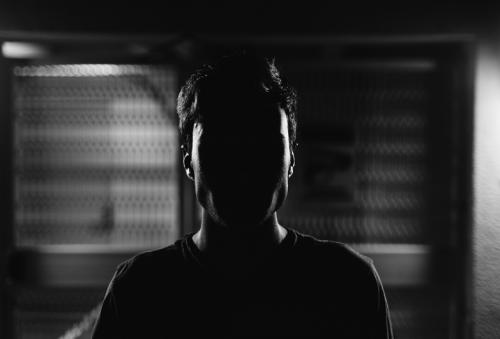Coordinator of the Anti-Trafficking Monitoring Group Anna Sereni explains how the UK’s immigration policy fails slavery survivors
PK – his full name can’t be disclosed for legal reasons – was sold into slavery as a child at the age of three after his mother died in his native Ghana. When he was 25, he was trafficked to the UK and forced to work in a warehouse for up to 15 hours per day, subjected to mental and verbal abuse, and given limited amounts of food.

Victims of trafficking are failed by the UK’s immigration policy.
Like many other victims of slavery, his story is sad and painful. But it’s what happened to him after he escaped slavery that really not only is heart-breaking, but also unfortunately very typical for many slavery survivors in Britain.
After his escape he was referred to the National Referral Mechanism (NRM), a government service designed to signpost victims to relevant support services. He applied for Leave to Remain in the UK as a victim of trafficking – he felt too traumatised to consider going back to a country he only knew from his slavery experience, where he didn’t really know anyone beside his first captors. But despite accepting his account, the Home Office decided that rather than supporting him so that he could recover from his trauma, it would deport him back anyway.
PK, with the help of his lawyers, appealed this decision and fought to stay in the UK, and the recent judgment of the Court of Appeals unanimously ruled in his favour.
The Court ruled that the Home Office’s guidance on granting slavery victims residency in the UK is unlawful and failed to reflect the obligations imposed by the Council of Europe’s convention action against trafficking, to which the UK is committed. The judges decided that the Home Office set the bar unnecessarily high for allowing slavery survivors to stay in the UK and try to rebuild their lives free from exploitation.
This case highlights the Government’s tough anti-immigration policies’ disastrous effect on slavery victims. Treating them like criminals rather than vulnerable victims of traumatic crime in need of long-term support. In the case of PK, this experience left him with “long-standing and physical health conditions”. It leaves hundreds of others in destitution and desperate need for basic support.
Source:Anti-Slavery
- 284 reads
Human Rights
Fostering a More Humane World: The 28th Eurasian Economic Summi

Conscience, Hope, and Action: Keys to Global Peace and Sustainability

Ringing FOWPAL’s Peace Bell for the World:Nobel Peace Prize Laureates’ Visions and Actions

Protecting the World’s Cultural Diversity for a Sustainable Future

Puppet Show I International Friendship Day 2020

